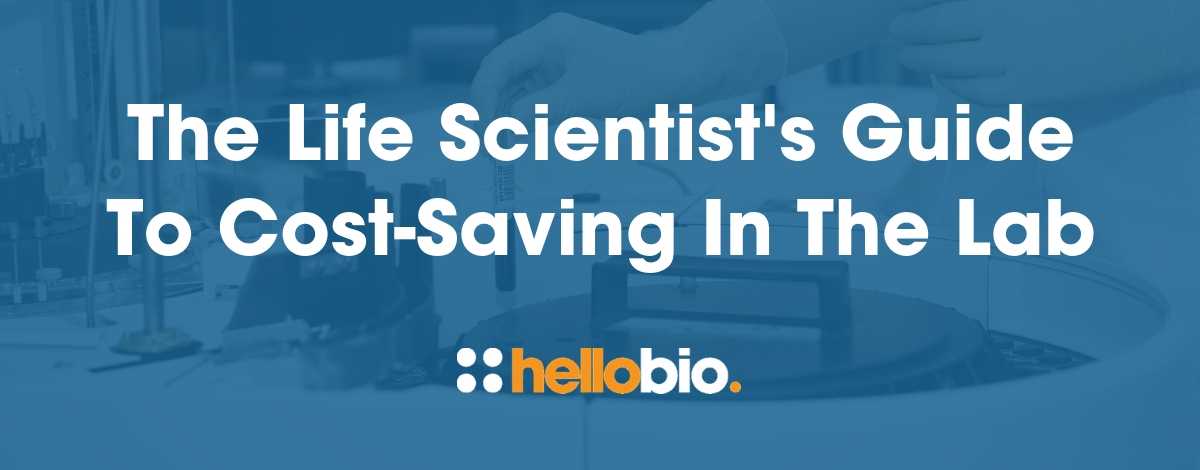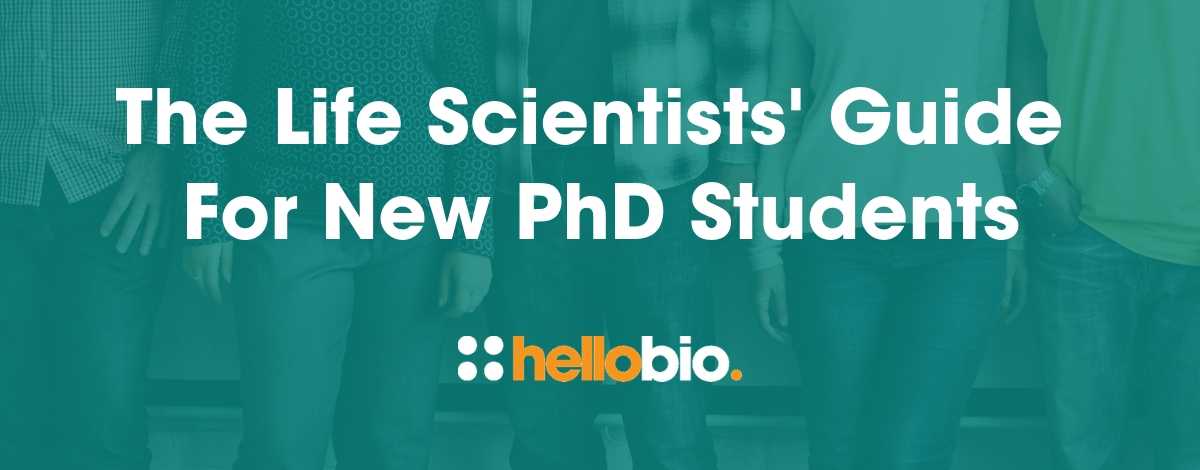Meet our Latest Travel Award Winner Mehdi Adibi
Mehdi is an NHMRC CJ Martin early career research fellow at the University of New South Wales, Australia, and a visiting scientist at Padova Neuroscience Center, University of Padova, Italy. His recent line of research is on the neuronal, computational and behavioural basis of sensorimotor processing and cue combination in dynamic environments using rodent models. The award will help fund his trip to 2019 Neurodynamics Symposium, Grenoble, France.
It is a pleasure for me to be the recipient of the award from Hello Bio to attend the Neurodynamics Symposium 2019. This award allowed me expand my network and build new collaborations with well-established scientists. During the meeting, I had the chance to communicate my research, receive feedback enhancing the quality of my research and promote the research team. I also entered a new collaborative project. Mehdi Adibi, University of New South Wales, Australia, Hello Bio travel award winner
Congratulations Mehdi. First, can you tell us a bit more about what you're working on at the moment?
My research focuses on adaptive information processing in mammalian brain. My research is on neural coding, and the behavioural and informational bases of sensory processing and decision making in the cortex by combining behavioural, electrophysiological, optogenetic, computational and theoretical approaches. The main question I would like to answer is: how does the brain selectively processes sensory information to generate a reliable perception of the world? I use a rodent whisker-mediated somatosensory system as the model system to address this question.
What is it about your field of research that gets you most excited?
In the past decade, several new techniques of observation and perturbation of neuronal data (such as optogenetics and two- and multiple-photon imaging) have emerged but they are still to be employed to their full potential in an integrative matter, to understand how the activity of the neurons give rise to behaviour.
Which scientists working today do you most admire, and why?
It's a long list! I enjoy the research by Mandyam Srinivasan on honeybees and birds navigation using optic flow, and Rüdiger Wehner's research on the navigation behaviour in social insects. George Paxinos for his seminal work on the anatomy of brain. James Poulet has amazing research on neuronal basis of thermal perception. Among my colleagues, I admire John Bekkers for being a great teacher and great researcher at the same time, and Colin Clifford for his selfless devotion and unconditional support.
What do you think are the biggest challenges currently facing life scientists and their work?
The brain is probably the most complex organ in the universe. Understanding how the brain works requires a coordinated, synergic and integrative drive at multiple levels from molecular, cellular and circuit level to cognitive level and behaviour. We have gathered a lot of data about the brain, yet we know little about how it functions. The biggest challenge facing neuroscience research is to develop new techniques to process the data acquired from all these levels and disciplines, and to turn this massive, exponentially accumulating load of data, to knowledge.
What’s your favorite science quote?
If our brain were so simple we could understand it, we would be so simple we couldn't.
________________________________
Thank you Mehdi - we hope you enjoy your trip to France - it's a long haul from Australia!
Click here to read about our past winners or why not apply for the grant yourself?
________________________________
Advice & guidance for life scientists
Click below to view our of essential guides and articles includes to support life scientists, PhD students & early career life scientists:
Travel grants
Every month we give away $500 to PhD students and Postdocs so that they can attend a scientific conference - click below to find out more:
Wellbeing for scientists
Click below for our resources to help improve your wellbeing:
Technical resources
Try our Molarity Calculator: a quick and easy way to calculate the mass, volume or concentration required for making a solution.
Try our Dilution Calculator: an easy way to work out how to dilute stock solutions of known concentrations
Click below to see our Mini-reviews, Pathway Posters & Product Guides: a set of technical resources to answer your questions on a wide range of topics and to help you get started quickly.
And - when you get to the stage of planning your experiments, don't forget that we offer a range of agonists, antagonists, inhibitors, activators, antibodies and fluorescent tools at up to half the price of other suppliers - click below to see how we compare with other suppliers:
Advice from your fellow scientists
Click below to read advice from other scientists:






















